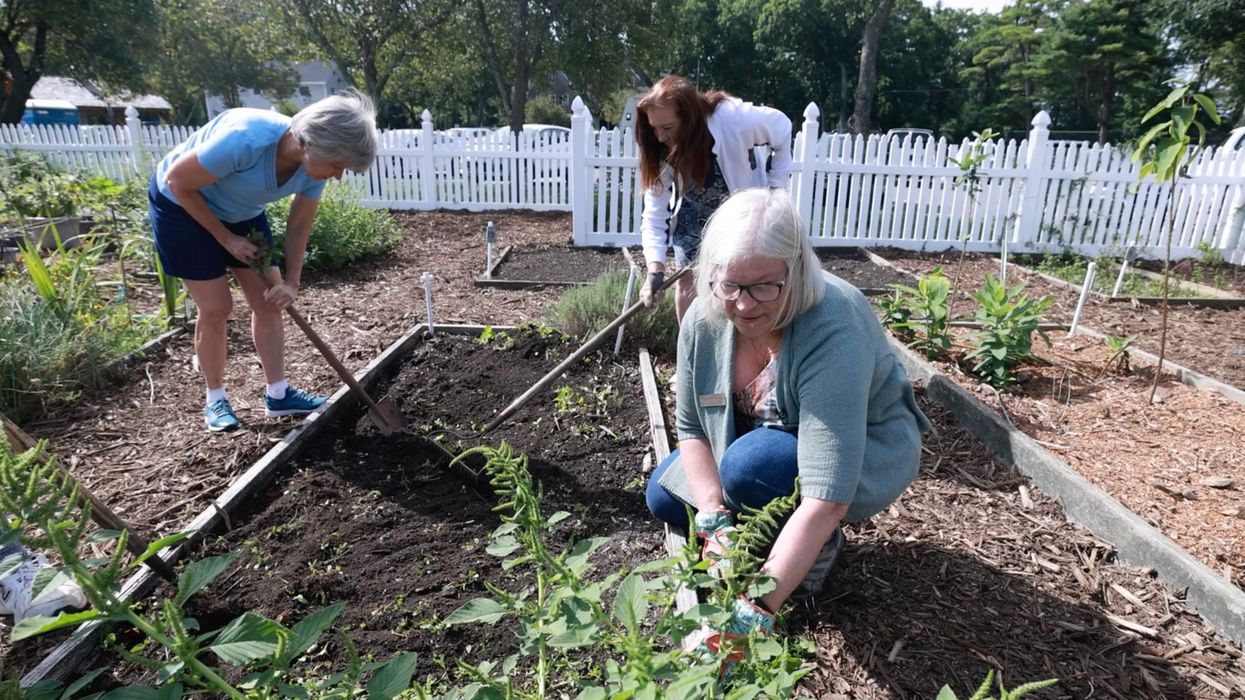McLeod was the first executive director of Foothills Forum.
What has gone so distressingly wrong with our self-government? Are we so angry, mistrusting and tribalized that we must now recoil from meaningful social debate and lurch fearfully from one polarizing fight to the next?
The causes of our crisis are complex and intertwined. Francis Fukuyama bemoans the rise of extremism on both the left and the right. Rachel Kleinfeld cites the dehumanization of adversaries. Jonathan Rauch is alarmed about the decline of democratic institutions that we assume, wrongly, are self-sustaining. Steven Levitsky and Daniel Ziblatt argue that constitutional reform is necessary to overcome provisions that empower partisan minorities and thwart the will of popular majorities.
Quite a few years ago, when I received a master’s degree from the Harvard Kennedy School, I was privileged to benefit from the scholarship and wisdom of then Dean Robert Putnam. And today, many years later, Putnam’s work has come to my attention with his new book, “ Bowling Alone: The Collapse and Revival of American Communit y." In the book, which has gained wide notoriety, Putman advocates for actively creating social fiber by joining the local PTA, garden club, neighborhood association, church, Rotary or, yes, bowling group.
Putnam sees in all these areas a severe loss of essential “social capital” – knowing people with whom we may differ in background and thinking, but trusting them and building community with them. Social capital is the connective tissue that undergirds the places we live and enables healthy, democratic processes in our highly diverse society.
Now, in a compelling new documentary – “Join or Die”– Putnam argues that the communal decline he documented is central to the demise of American democracy. His messages of human connection and healthy, disparate communities are extremely timely – and, in fact, timeless.
"There are two different kinds of consequences of our social connections, or of the absence of social connections,” he says.
“One set has to do with how being a loner affects us personally. The title of the film 'Join or Die' refers to that set of consequences, because it's quite clear. And I made this [point] originally in 'Bowling Alone' while I was writing it 25 years ago. But it's now become even clearer. Your chances of dying over the next year are cut in half by joining one group, cut in three quarters by joining two groups. In other words, there are major physical and many other effects on you personally, if you become isolated."
"I also felt in the news, we were doing a lot of stories about 'this is bad, this is bad,' but not nearly enough about what we can do and where we can look for hope."
The decline in social capital has been exacerbated by life online and the pandemic, no doubt, and the title “Join or Die” may seem a bit alarming to some. But this film's salience and urgency cannot be understated.
We all need to find people, create social connections and strengthen society. In turn, we and our democracy can survive and thrive.



















Trump & Hegseth gave Mark Kelly a huge 2028 gift